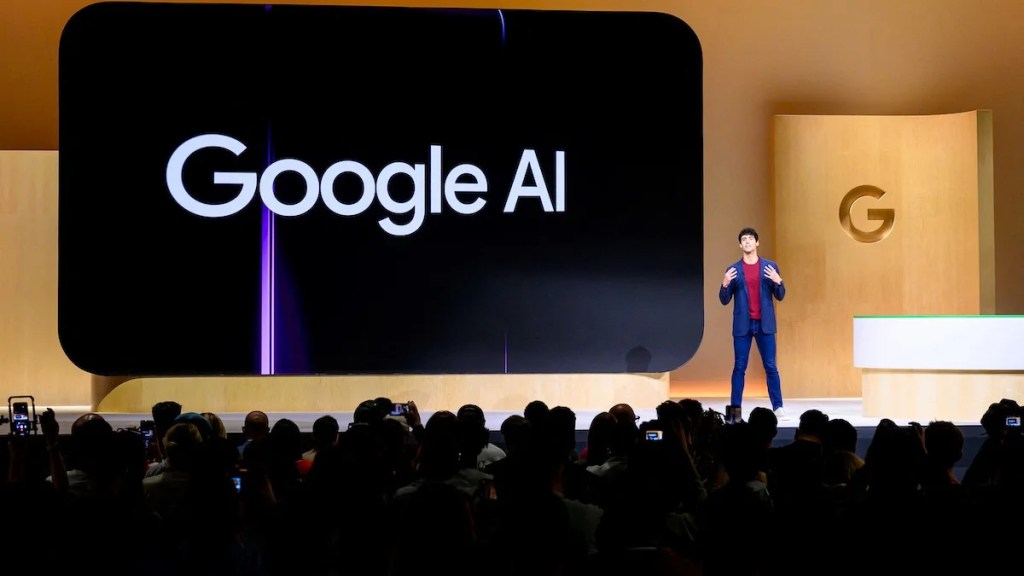Google Walks Back AI Weapons and Surveillance Promise
Google has recently made a significant shift in its stance on the use of artificial intelligence (AI) for military and surveillance purposes. According to a report by The Washington Post, the tech giant has removed key policies from its AI principles created in 2018 that previously prohibited these applications. This alteration raises questions about the company’s commitment to its core values regarding the ethical use of AI.
The Shift in Stance
Just last January, Google had a clear stance against using its AI technology for applications deemed harmful, including weapons, surveillance, and use cases that violate international laws and human rights. However, those protective measures seem to have been quietly erased. The article referenced an archived copy of the AI principles that outlined these prohibitions, which has now been taken down, signaling a troubling pivot in Google’s approach.
When approached for comment, a Google spokesperson highlighted a recent blog post by Demis Hassabis, the head of AI, and James Manyika, Senior Vice President for Technology and Society. In this post, they emphasized the importance of transparency in technology, stating, “We believe democracies should lead in AI development,” which hints at a more collaborative approach between governments, organizations, and companies to cultivate AI for the greater good.
What’s New in Google’s AI Principles?
In an effort to adapt to an evolving landscape, Google has updated its AI principles to assert that they will employ human oversight to ensure adherence to "widely accepted principles of international law and human rights." But many are wondering if this is enough to restore the confidence of concerned stakeholders.
A Glimpse Back in Time
This transformation is particularly noteworthy considering the uproar that led to the establishment of Google’s initial AI principles. Back in 2018, the company faced massive backlash from within when thousands of employees signed an open letter expressing their opposition to a contract with the Pentagon. They voiced a unanimous sentiment: “We believe that Google should not be in the business of war.” The resulting pushback led to the non-renewal of that controversial contract, a clear indication of employee and public sentiment against militarization.
Engaging the Public
As we embrace these advancements in AI, it’s essential to keep the conversation going. Many individuals are eager to understand the implications of AI’s integration into areas like national defense and surveillance. For instance, local communities may be concerned about how AI can monitor public spaces, raising questions about privacy and civil liberties.
In this context, the fear is that as tech companies expand their AI capabilities, the threshold for ethical boundaries may blur, leading to potential misuse of power. Therefore, ongoing discussions about responsible AI use in our neighborhoods, workplaces, and lives are crucial.
The Path Forward
Google’s recent actions remind us that as AI technology continues to evolve, so too must our understanding of its ethical implications. Companies need to prioritize transparency and accountability to foster trust among their users. The pressures from employees and the public serve as reminders of the societal responsibility that tech giants bear.
In conclusion, as Google navigates this new terrain, one thing remains clear: the ethical landscape surrounding AI is more critical than ever. The AI Buzz Hub team is excited to see where these breakthroughs take us. Want to stay in the loop on all things AI? Subscribe to our newsletter or share this article with your fellow enthusiasts.




